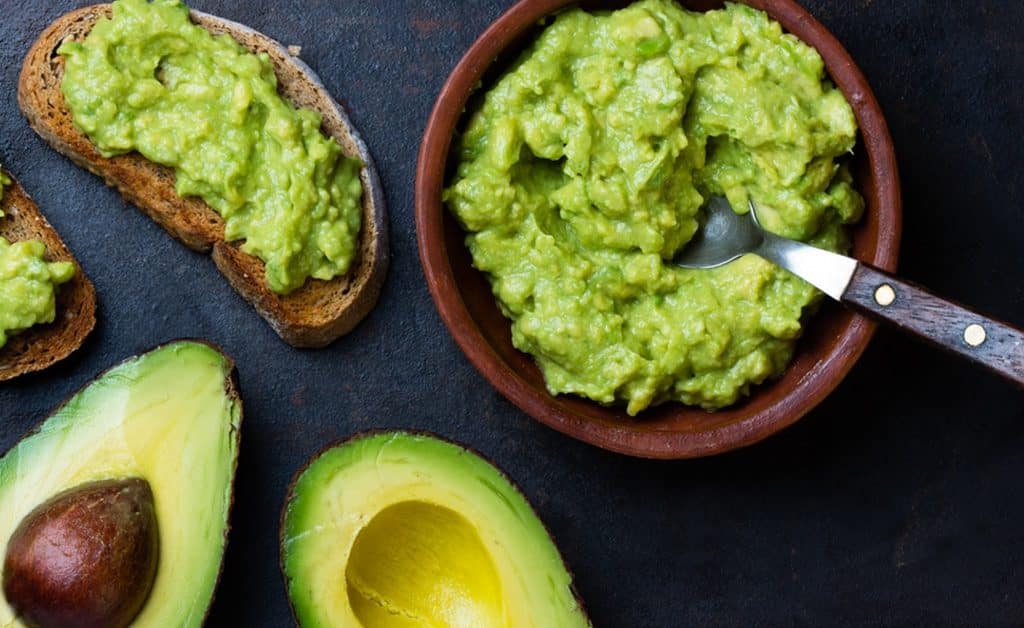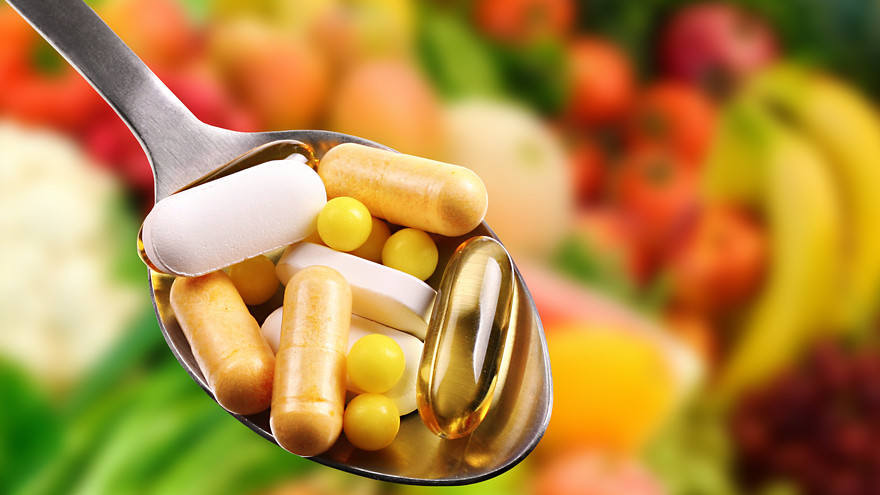
The five most important food sources to increase beneficial fats
The five most important food sources to increase beneficial fats
Cholesterol is known to be harmful, but it is necessary for a healthy body. In fact, the liver makes cholesterol, which the body uses in various ways, such as producing hormones. But consuming too much of some types of fat – saturated and trans fats, for example the fats found in fatty meats and fried foods – may raise LDL cholesterol levels. According to the American Heart Association, “bad” cholesterol can build up in your arteries, increasing your risk of heart disease and stroke.
According to a report published by the Eating Well website, limiting sources of saturated and trans fats is essential for bringing blood cholesterol levels to the correct range. But there's a flip side: a number of heart-healthy fats can improve cholesterol levels, either by lowering LDL or raising good HDL cholesterol (or both). They are unsaturated fats, which include monounsaturated and polyunsaturated fatty acids.
“Mono and polyunsaturated fats are found in a wide range of foods, from animal foods, such as fish and seafood, to plant foods, such as nuts and seeds, to name a few,” says nutrition expert Maria Laura Haddad-Garcia.
Top 5 sources of fat
Research shows that there are foods containing trans fatty acids that can help lower levels of harmful cholesterol in the blood, as follows:
pistachio
A 2021 meta-analysis of 12 randomized trials published by the journal Food Science and Nutrition found that eating pistachios for approximately 12 weeks reduced total cholesterol by 7 points; The LDL cholesterol level also decreased by 4 points, and there was a decrease in triglycerides as well. Eating less than 30 grams per day improves the breakdown of fatty acids in the body, and they also contain specific nutrients such as vitamin E, antioxidants and potassium that may reduce inflammation and inflammation, thus improving blood vessel function. Pistachios also contain phytosterols, which are plant compounds known for their ability to lower cholesterol.
Flax seed
According to a 2022 clinical trial published in the journal Explore, adults with high blood pressure who ate about 30 grams of flax seeds daily for 12 weeks saw their systolic blood pressure (the top number in a blood pressure reading) decrease by 13 points. The total cholesterol level of those who ate flaxseeds also decreased by more than 20 points. According to the American Heart Association, controlling blood cholesterol if a person has high blood pressure is a smart goal, because plaque deposits in the arteries that accumulate over time result in high cholesterol, making it more difficult to pump blood through the vessels, leading to high blood pressure. the blood.
avocado
According to data from the US Centers for Disease Control and Prevention (CDC), having higher levels of HDL cholesterol can improve heart health, because it removes harmful LDL cholesterol from the arteries and returns it to the liver, where it is broken down and expelled from the body. Adding avocados to meals can bear fruit, as the results of an analytical study, published in 2018 in the American Journal of Clinical Nutrition, found that eating avocados boosted HDL cholesterol levels, because it is rich in plant sterols, fiber, and monounsaturated fats, which may work together to increase Good cholesterol levels.
vegetable oils
Garcia says the common belief is that the only healthy vegetable oil is olive oil, but research shows that other vegetable oils such as avocado, sesame, peanut and canola can support heart health.
Vegetable oils are rich in antioxidants that control cholesterol and plant sterols that lower levels of bad LDL cholesterol and triglycerides, Garcia explains.
Fatty fish
Eating about 250 grams of fatty fish each week provides better cholesterol levels, including a good level of HDL cholesterol, which may reduce the risk of cardiovascular disease, according to research published in 2020 in the British Journal of Nutrition. Fatty fish contain omega-3 fatty acids, which can help reduce inflammation and blood pressure, as well as reduce the risk of blood clots. The list of fatty fish includes sardines and salmon.
Other tips
The American Heart Association advises that if a person has high cholesterol, lifestyle changes and medical treatment can go a long way in helping them return their cholesterol to a healthy range, as follows:
• Follow a heart-healthy diet, which includes eating sources of unsaturated fats along with fruits, vegetables, whole grains, lean meats (such as chicken, turkey, and fish), nuts, seeds, and legumes.
•Exercise because it boosts protective HDL levels.
• Stop traditional and electronic smoking.
•Maintain a healthy weight. Losing a small amount of weight – 5% to 10% of your current body weight – can make a difference.
• Continuing to take medications if the treating physician decides to resort to them.






